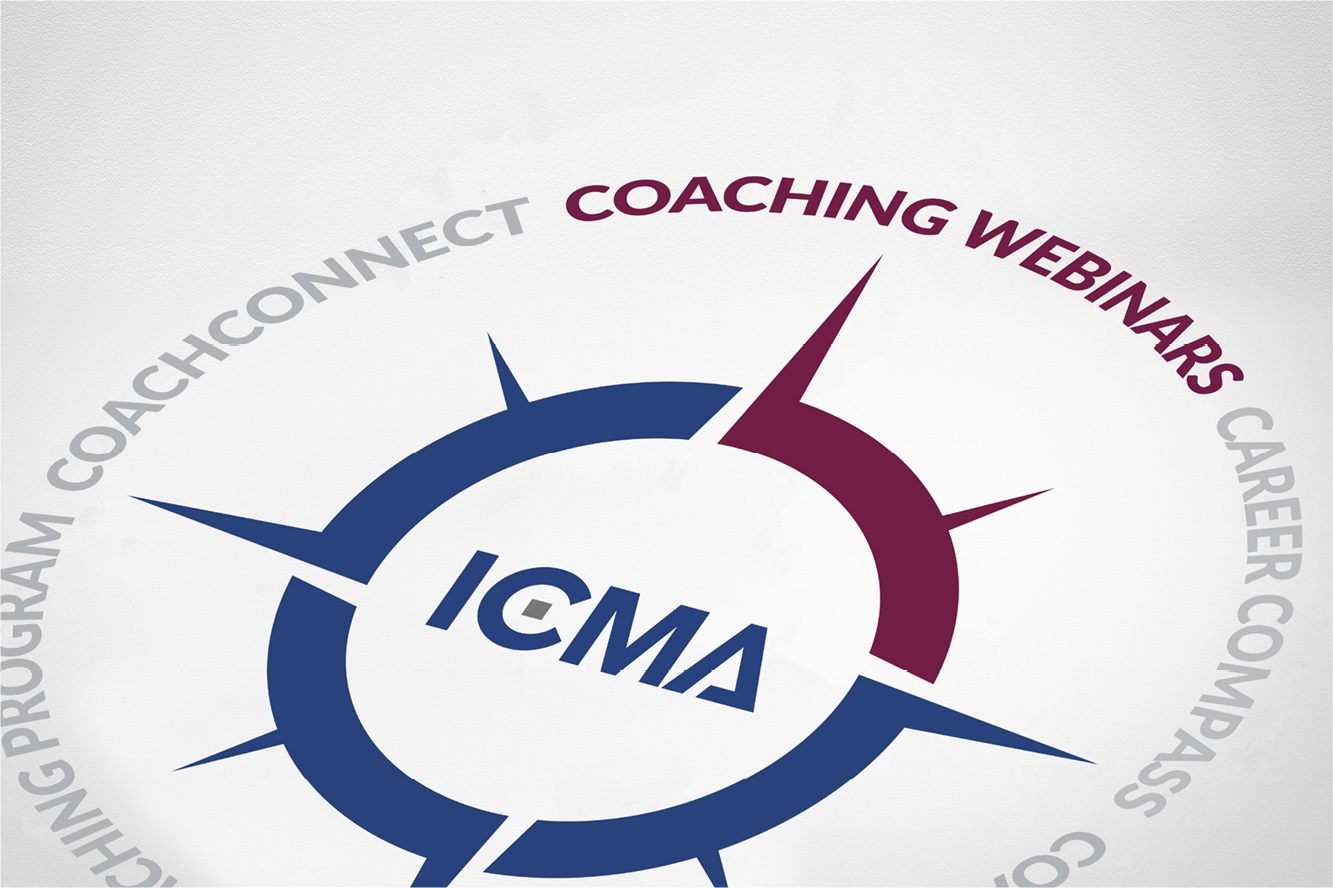"You have to go through the process. The process is not easy or a straight road. It’s windy and uphill. But you’ll get to the top and look back and appreciate the journey.”
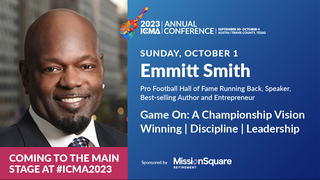
Game On: A Championship Vision: Winning, Discipline, and Leadership
Learn more about ICMA's Global Engagement Strategy (GES) that will guide our efforts to realize ICMA’s vision internationally
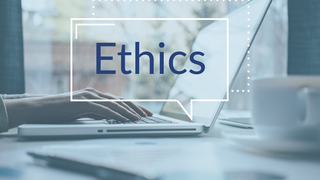
Give your feedback by October 20.
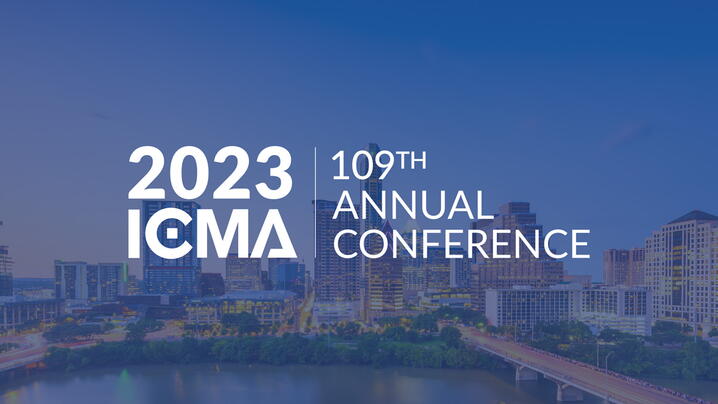
Still planning out your conference schedule? Consider adding these sessions to your list.

Best practices for local government leaders to consider when developing a sports complex.
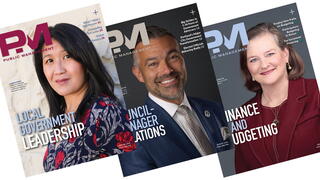
Public Management (PM) is the award-winning flagship magazine of ICMA, the International City/County Management Association.
Seattle's Race and Social Justice Initiative provides significant impetus for developing policies for a sustainable community.
